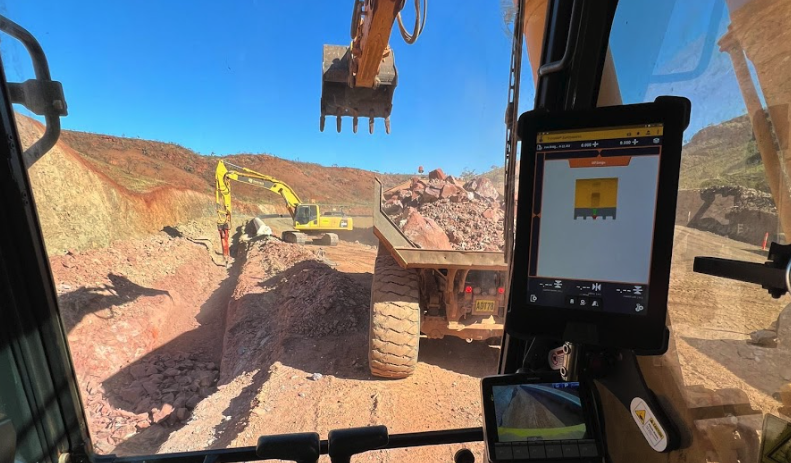
Technology Adoption in Queensland's Civil Construction, Bridging the Digital Divide.
Queensland’s civil construction industry is experiencing a technological revolution that promises to transform how infrastructure is planned, built, and maintained. From digital modeling to autonomous equipment and real-time platforms, tech adoption is reshaping the sector’s capabilities and solving critical challenges. For contractors, embracing innovation is no longer optional—it’s essential.
The Digital Transformation Imperative
With the construction pipeline projected to grow from $53B to $77B by 2027, and annual labour shortages exceeding 18,000 skilled workers, the case for technology has never been stronger.
Benefits seen by early adopters:
- 1. 15–20% reduction in delivery timeframes
- 2. Up to 25% labour productivity boost
- 3. 30% decrease in rework and material waste
- 4. Enhanced safety outcomes
- 5. Better compliance and QA documentation
Queensland’s Unique Landscape
Queensland’s mix of urban megaprojects and vast regional jobsites creates both opportunity and challenge. While Brisbane firms lead in tech use, regional contractors risk falling behind forming a “digital divide.”
- In 2020: ~38% used advanced tech
- In 2024: over 65% now do
Game-Changing Technologies
Building Information Modeling (BIM) & Digital TwinsProjects like Cross River Rail and Olympic venues use BIM to:
- 1. Simulate projects before ground is broken
- 2. Detect design clashes early
- 3. Collaborate across remote teams
- 4. Deliver accurate takeoffs and reduce waste
- 5. Maintain digital as-built records for future upkeep
Note: The QLD Government mandates BIM for all public projects over $50M.
Autonomous & Semi-Autonomous Equipment
- 1. GPS-guided earthmovers
- 2. Self-driving haul trucks
- 3. Robotic concrete finishing
- 4. Drone surveying and inspections
Helps bridge skilled labour gaps while boosting safety and accuracy.
Mobile Project Management Platforms
Cloud-based tools are replacing paper with:
- 1. Live progress tracking
- 2. Digital QA and checklists
- 3. Real-time plan updates
- 4. Geo-tagged photos and reports
- 5. Smooth office-field coordination
Especially useful for regional and remote operations.
Barriers to Adoption
Upfront Cost & ROI Risk
Tech like autonomous machinery has 15–30% higher costs, and platforms often require long onboarding cycles.
Support solutions include:
- 1. Government grants and pilot funding
- 2. Shared equipment models
- 3. ROI case studies
- 4. Step-by-step adoption frameworks
Skills Gap
There’s a shortage of workers who understand both construction and digital tech.
Initiatives tackling this:
- 1. TAFE course updates
- 2. Vendor-supported training
- 3. Mentorship: pairing senior builders with tech-savvy staff
Connectivity in Regional Areas
Cloud tech needs stable connections often lacking in remote QLD.
Solutions:
- 1. Satellite-based site networks
- 2. Edge computing & offline modes
- 3. Low-bandwidth app variants
What’s Next for 2030?
Emerging trends shaping the future:
- 1. AI for forecasting delays and managing risk
- 2. Smart materials with embedded sensors
- 3. Augmented reality on-site
- 4. 3D printing of components
- 5. Blockchain for transparent supply chains
The QLD Digital Infrastructure Plan is investing in these to fast-track innovation state-wide.
Conclusion: Building Queensland’s Future with Tech
Technology has moved from “nice to have” to non-negotiable. With billions in projects ahead and a constrained workforce, only companies embracing digital transformation will keep pace.
Those who act now investing in tools, skills, and systems—will lead Queensland into a new era of infrastructure delivery: smarter, safer, and more sustainable.
Thanks for reading!